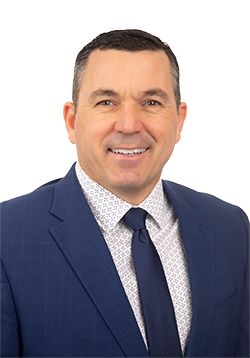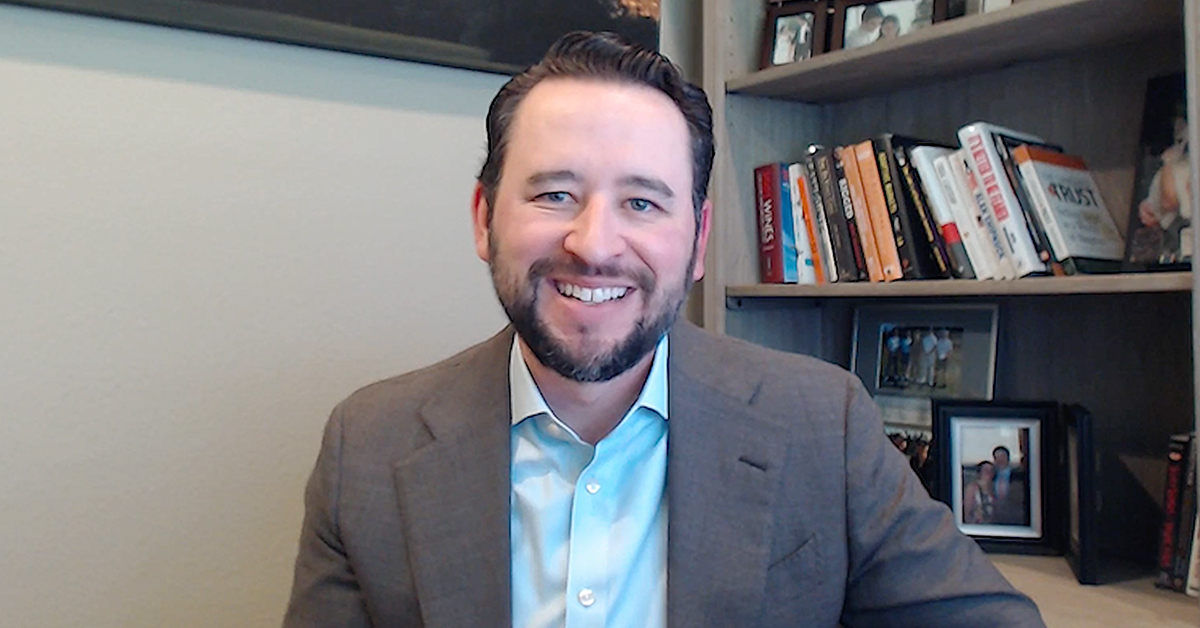
A new year is always the perfect time to reflect on our financial habits and set resolutions that will pave the way for a more secure and prosperous future.
Whether you’re still going strong with your financial resolutions for 2024 or you’re having a hard time staying on track, it’s never too late to make adjustments that will help you reach your goals.
It doesn’t matter if you’re aiming to build wealth, eliminate debt, get on the right track towards retirement, or simply gain a better handle on your finances; whatever your resolutions, these simple wealth management strategies can help give you a boost toward achieving them:
Create a budget — and stick to it
The foundation of any successful financial plan is a well-thought-out budget.
Take the time to analyze your income, expenses, and savings goals to map out a realistic budget for your financial situation and current resolutions.
Then, decide where you’d like to allocate funds based on your expenses, savings plan, and desired discretionary spending.
However, this isn’t just a set it and forget it type of situation. You will need to consistently adjust your budget throughout the year as your finances change or as you realize what does and doesn’t work for you.
The good news? If you make a mistake, you don’t have to give up on your budget altogether!
Use that instead as an opportunity to reevaluate your budget and make your money work best for you.
And, above all, keep things simple. One of the biggest mistakes people make with their budgets is over-complicating them to the point that they end up doing nothing out of frustration and unrealistic expectations.
Keep building that emergency fund
If there’s anything we’ve learned the hard way from recent years, it’s the importance of having a robust emergency fund.
You should aim to set aside three to six months’ worth of living expenses in a separate account; this will provide you with a safety net when emergencies happen, ensuring that your financial resolutions and savings goals can stay on track.
For more information on building and maximizing your emergency fund, read our previous blog post on the subject.
Attack debt strategically
Paying off debt is one thing — but if you want to accomplish your resolutions by year-end, then attacking debt strategically can help you get there.
Instead of paying only the minimum on your debts this year, put together a more intentional plan for reducing that load.
Two popular strategies for attacking high-interest debt in particular are the snowball method and the avalanche method.
With the snowball method, you start by paying off your smallest debt first and then working your way up.
On the other hand, the avalanche method involves paying off the debt with the highest interest rate first and then working your way down.
The avalanche method will save you more money in the long run, but the snowball method might keep you more motivated to pay off your debts.
No matter which option you determine will work best for you, be sure to establish a realistic repayment plan and commit to making those payments consistently.
As you pay down debt, you’ll not only save money on interest but also improve your overall financial health.
Embrace investing in your future
Make 2024 the year you delve into the world of investing.
Whether you’re a seasoned investor or a novice, now is as good a time as any to reassess your investment strategy and ensure that it aligns with your resolutions for 2024, as well as your long-term financial goals.
Consult with a financial advisor, diversify your portfolio, and stay informed about market trends — because investing wisely now can pave the way for greater long-term wealth accumulation.
Maximize your retirement contributions
Ensure that you’re taking full advantage of retirement savings opportunities now so your money has as much time to grow as possible.
Aim to increase contributions to your retirement accounts, such as a 401(k) or IRA, gradually. Then, set a goal to eventually contribute the maximum amount allowed.
At the very least, we recommend contributing enough to your employer-sponsored retirement account(s) to earn any matching funds offered by your employer.
The effects of compounding interest and market growth over time will significantly boost your retirement nest egg. To learn more about these effects, try using our 401(k) calculator.
Set specific, but attainable, financial goals
Whether it’s saving for a down payment on a house, funding your child’s education, or taking that dream vacation, having specific goals will motivate you to remain disciplined in accomplishing your financial resolutions.
However, make sure these goals are attainable so that you’re guaranteed to stay the course.
And, just like with your budget, consistency and commitment are key. Take time to reassess your progress throughout the year and make adjustments as needed.
Our team of experts is always here to answer questions, help with planning, and guide you to achieving your goals, so send us a note when you’re ready. We’re happy to help!







